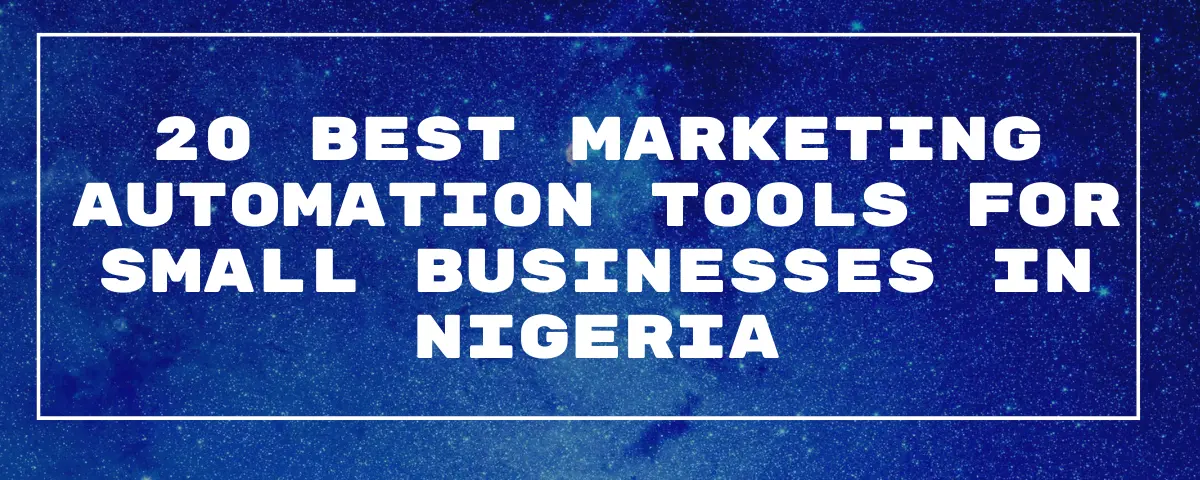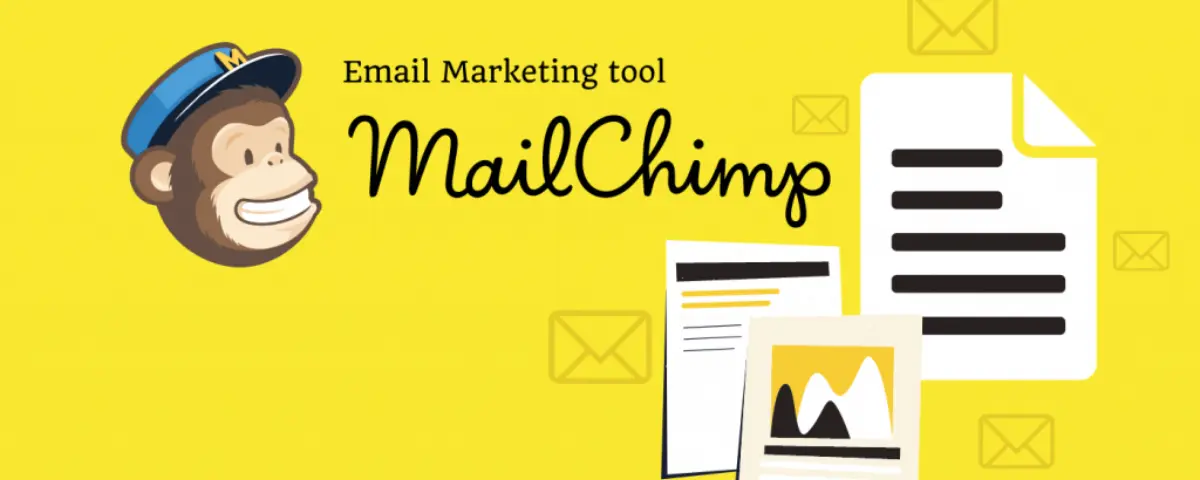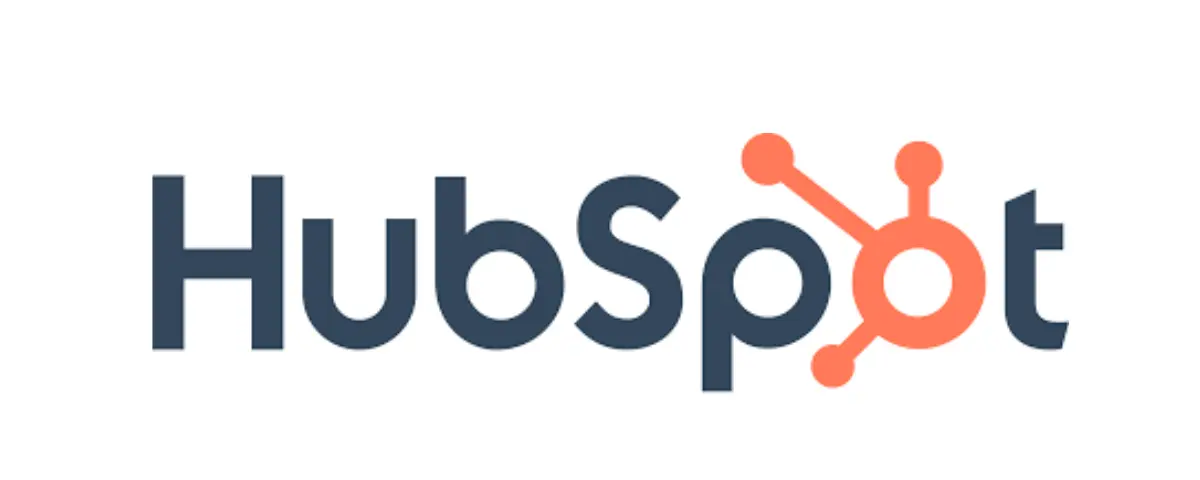Marketing automation tools have become essential weapons in the toolbox of any savvy Nigerian entrepreneur. This is because it can streamline workflows, personalize customer experiences, and ultimately drive growth.
Imagine automating personalized welcome emails for new customers and nurturing leads with relevant content based on their interests or scheduling social media posts in advance – thereby saving precious time and resources. This is what marketing automation can help the small business owner do effortlessly.
However, choosing the right tool can be a problem. Therefore, this post explores 20 of the best marketing automation tools specifically designed for small businesses in Nigeria.
What is Marketing Automation?
It’s the use of software tools to automate repetitive marketing tasks, allowing businesses to work smarter, and not harder. Imagine building personalized email campaigns that automatically trigger based on customer actions or scheduling engaging social media posts in advance. Even capturing leads effortlessly through automated landing pages. This is the transformative power of marketing automation at your fingertips.
Consider Jumia, Nigeria’s leading e-commerce platform, as an example. They achieved a 30% growth in the value of goods sold on their platform during Black Friday season. This was achieved through hyper-targeted email and SMS promotions based on individual preferences. This shows the ability of marketing automation tools to foster deeper customer relationships and boost conversions in a market where 71% of consumers expect personalization from brands by understanding their needs.
Therefore, these marketing automation tools empower small businesses in Nigeria to navigate the digital landscape strategically. In addition, each marketing automation tool has its own set of advantages and disadvantages, ensuring that businesses can choose the right combination to suit their unique needs and goals. Leveraging these tools effectively can contribute significantly to the growth and success of small businesses.
Why Use Marketing Automation Tools?
Marketing automation is a game changer for small businesses that struggle with limited resources and multiple marketing channels. By automating repetitive tasks like email marketing, social media management, and lead nurturing, businesses can boost efficiency, personalize customer experiences, and ultimately drive growth.
Meanwhile, here are some reasons why marketing automation tools are crucial for Nigerian businesses:
Lead Nurturing
Lead Nurturing: Marketing automation software simplifies and automates the lead nurturing process, allowing businesses to easily clip prospects’ and leads’ information from various social media channels and add them directly. This helps businesses reach prospects with the right information at the right time, increasing the chances of conversion.
Saving Time
Automation saves time by automating regular marketing tasks, allowing businesses to focus on other marketing strategies. The automation software not only enhances operational efficiency but also empowers businesses to focus on innovation, creativity, and strategic planning to drive overall marketing success.
Converting Leads
It helps businesses convert more leads by personalizing marketing and reaching people at the right time with the right information. This tool allows businesses to reach out to leads at optimal times when they are most likely to be receptive to marketing messages.
Tracking Contacts
It helps businesses track and understand the marketing journey of customers, record and respond to all communication channels, and deliver timely marketing messages to customers.
Measurable Results and ROI
Marketing automation provides valuable data and insights, enabling businesses to track campaign performance and optimize their strategies for maximum impact.
Benefits of Marketing Automation for Small Businesses in Nigeria
Now, let’s delve into 5 tangible benefits Nigerian businesses can reap from embracing automation:
Efficiency Boost
Managing multiple marketing channels can be time-consuming. Automation empowers businesses to automate repetitive tasks like email delivery, social media scheduling, and lead nurturing.
Personalized Customer Experiences
Meanwhile, in a market where consumers value personalized brand interactions, automation unlocks the power of personalization. Automated segmentation tools enable businesses to send targeted messages and offers based on customer preferences and behaviour.
Measurable Results and ROI
Tracking campaign performance and measuring ROI is crucial for informed decision-making. Marketing automation platforms provide detailed analytics and reporting. This allows businesses to track key metrics like email open rates, website traffic, and lead generation. This data-driven approach empowers businesses to refine their marketing strategies.
Enhanced Customer Relationships
Nurturing leads and fostering customer loyalty are key to sustainable growth. Marketing automation facilitates automated drip campaigns that engage leads throughout their buying journey, providing relevant content and offers at each stage. This personalized approach allows businesses to increase student engagement and boost their completion rates.
Streamlined Lead Generation
Generating qualified leads is a vital aspect of business growth. Marketing automation tools offer lead capture forms, landing page builders, and lead scoring functionality. This enables businesses to generate twice as many qualified leads compared to manual efforts.
If you want to learn more on how to choose the right marketing tools for your business then, click here to learn how we can help you achieve that.
20 Best Marketing Automation Tools for Small Businesses in Nigeria
Now that the right foundation for marketing automation has been laid, let’s dive into the exciting world of specific marketing automation tools at your disposal!
But remember, the perfect fit depends on your unique business needs and budget. Here’s a curated selection categorized by tool type:
Email Marketing Automation:
Mailchimp
A user-friendly platform ideal for email newsletters, landing pages, and basic automation. Mailchimp is a widely used email marketing automation tool, offering small businesses in Nigeria a user-friendly platform for creating and managing email campaigns.
Advantages:
- Its intuitive interface, automation workflows, and detailed analytics make it a popular choice.
- It has a simple drag and drop feature which allows users to create visually appealing emails
Disadvantages:
- Some users report scalability issues as businesses grow.
- It has limited design customization
ActiveCampaign
This is a powerful email automation tool for lead nurturing, segmentation, and personalized email journeys. ActiveCampaign empowers businesses with personalized communications and automation to drive high-quality leads, enhance customer engagement, and unify data within a centralized platform
Advantages:
- It requires no training to understand and it is easy to use.
- It has an exceptional range of features, customer support and integrations
- It has high deliverability and quality reporting
Disadvantages:
- ActiveCampaign’s reporting is quite crowded and can be difficult to navigate at times.
- ActiveCampaign prices are not the cheapest.
Social Media Marketing Automation:
Hootsuite
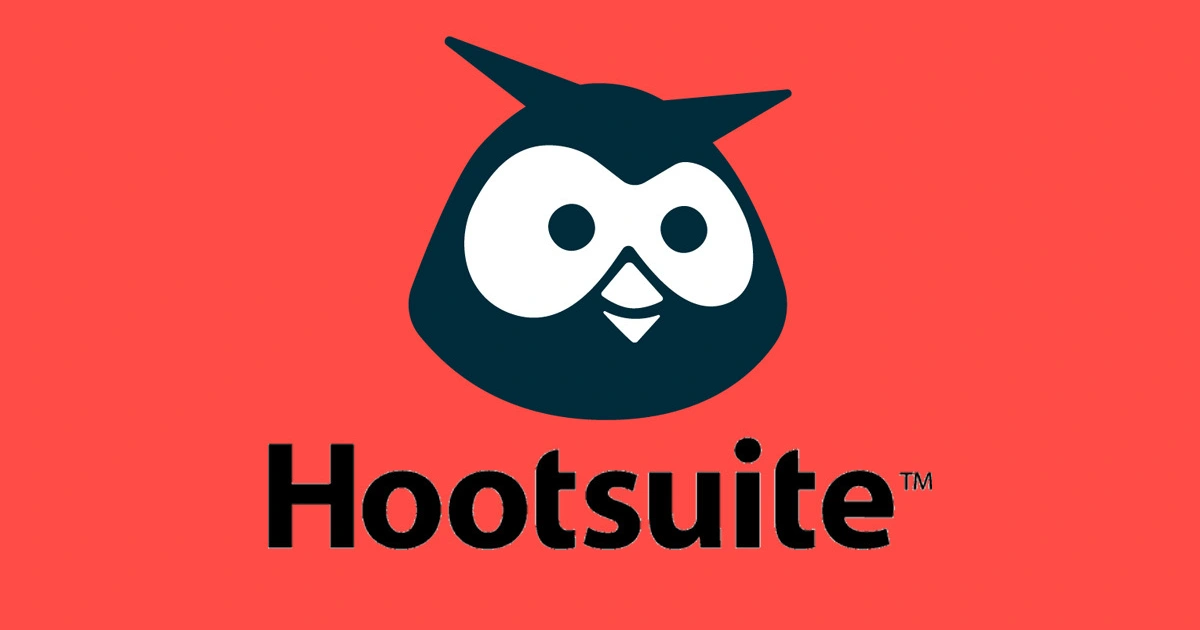
Hootsuite is a social media management tool that brings scheduling, content creation, analytics, and social listening to one place, making it easier for businesses to manage their social media presence effectively. You can manage multiple social media accounts, schedule posts, and track performance across platforms.
Advantages:
- Hootsuite allows multiple users to collaborate on social media management, which can be helpful for businesses with multiple employees who need to manage social media accounts.
- it is very user-friendly despite its long list of features.
Disadvantages:
- It can be expensive for some businesses, especially those with a limited budget
- It can be complex to use, especially for businesses that are new to social media management.
Buffer
Buffer focuses on social media management that enables individuals and businesses to schedule posts, analyze performance, and engage with their audience across various social media platforms from a single dashboard.
Advantages:
- Customization of messages for each social media platform is possible.
- Email notifications of successful posts, failed posts, and empty queue
Disadvantages:
- Certain, specialized types of posts (carousel images on Instagram, for example) are not supported.
- Does not have drag and drop scheduling feature.
Marketing Automation Platforms:
HubSpot Marketing
All-in-one platform with email marketing, social media management, landing pages, and CRM integration. The platform enables businesses to streamline their marketing efforts and reduce customer acquisition costs.
Advantages:
- It provides an all in one platform; provides all the tools you need to create and execute inbound marketing campaigns, from content creation and social media management to email marketing and analytics.
- It’s easy to use and can be used for content marketing.
Disadvantages:
- It is an expensive CRM tool and as such may not be affordable for small businesses.
- It has an annual contract which means you have to pay for the complete period even if terminate the contract early
Marketo
Marketo is a robust marketing automation platform that offers a wide range of features to streamline marketing efforts and drive customer engagement effectively.
Advantages:
- It provides a comprehensive suite of tools for creating and executing inbound marketing campaigns, covering content creation, and social media management.
- The platform is user-friendly and suitable for marketing activities, making it accessible for businesses looking to enhance their marketing strategies.
Disadvantages:
- The pricing may be prohibitive for small businesses due to its higher costs compared to other options in the market.
- Marketo’s requirement for annual contracts means that users have to commit to the full payment period even if they decide to terminate the contract early.
Landing Page and Lead Capture Tools
Leadpages

It has an easy-to-use landing page builder with lead capture forms and integrations with popular marketing tools. You can generate more leads through their landing page templates and targeted lead capture forms.
Advantages:
- Leadpages provides a wide variety of fully customizable, pre-designed templates that cater to different industries and purposes.
- It offers a range of conversion optimization tools, such as A/B testing and analytics, to help you improve the performance of your landing pages.
Disadvantages:
- The pricing plans may not be suitable for small businesses or individuals with limited budgets.
- Some users may require some time to familiarize themselves with the platform’s features and functionality.
OptinMonster
With Optin Monster, a small business owner can easily convert website visitors into leads with powerful pop-ups, opt-in forms, and slide-in boxes. Additionally, OptinMonster provides detailed analytics so that you can track the performance of your campaigns. This information can help you make informed decisions about how to improve your campaigns.
Advantages:
- It allows you to A/B test your opt-in forms to see which ones convert the best.
- It allows you to segment your email list so that you can send targeted messages to your subscribers.
Disadvantages:
- It can be complex software to use, so there is a bit of a learning curve involved.
- Its support team is not always responsive, so you may have to wait a while for help if you need it.
Customer Relationship Management (CRM) Tools:
HubSpot
HubSpot’s CRM platform offers a comprehensive solution that Nigerian small businesses can advantage of. It includes free CRM software for your sales team, marketing team, inbound marketing automation software, email marketing, marketing campaign management, social media management, and customer service tools.
Advantages:
- It offers seamless integration with other HubSpot tools, providing an all-in-one solution.
- HubSpot’s user interface is intuitive and easy to navigate, making it accessible to users of all technical backgrounds.
Disadvantages:
- Costs may escalate as additional features are added.
- It has annual contract which means you have to pay for the complete period even if terminate the contract early
Zoho CRM
It is a cost-effective solution for businesses in Nigeria, offering automation features to streamline sales and customer interactions. It offers various pricing plans, including a free version, making it accessible to businesses of all sizes.
Advantages:
- It Offers customizable workflows and modules that cater to specific business needs.
- It allows extensive customization, enabling businesses to tailor the software to their specific needs and processes.
Disadvantages:
- Advanced automation features are available in higher-priced plans.
- It’s integration capabilities are primarily focused on other Zoho applications, which may limit the options for integrating with third-party tools.
Content Marketing Automation Tools:
CoSchedule
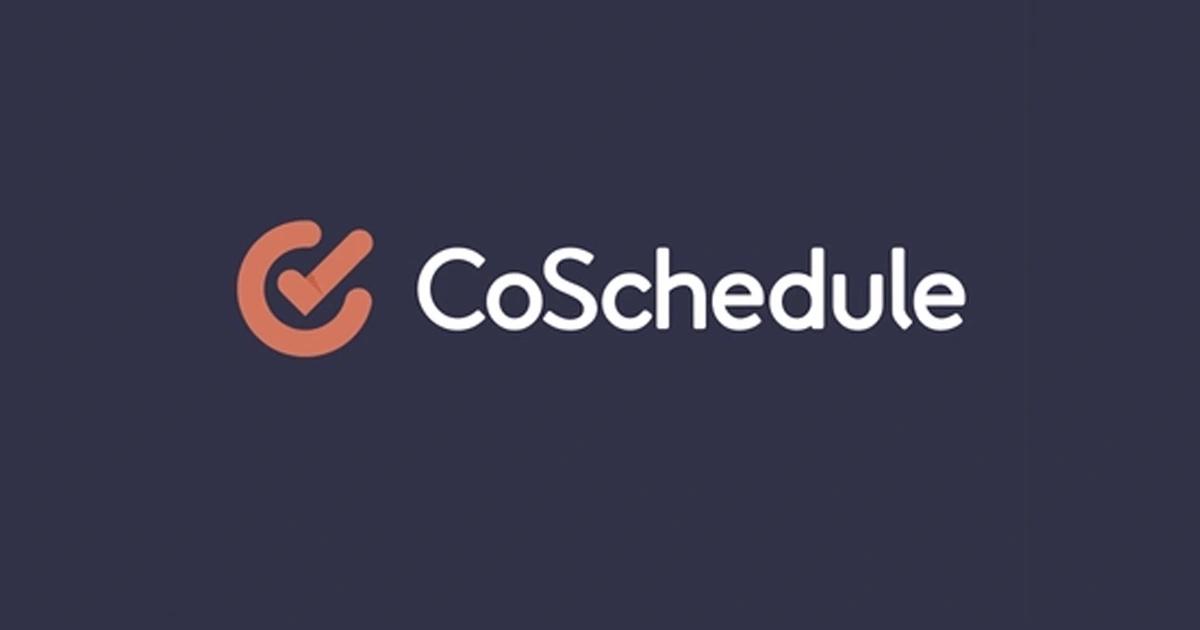
CoSchedule focuses on content and social performance. It helps both solopreneurs and marketers to achieve efficiency. This social media automation tool integrates with WordPress and helps with pushing content to your preferred social media account whenever you hit “publish” for every post.
Advantages:
- The tool allows users to visualize their content in one place
- It has an analytics tool that helps businesses track the performance of their content
Disadvantages
- You will have to change your templates manually if you change your mind about scheduling posts.
- CoSchedule can also be complex to use.
BuzzSumo
For small business owners who have a better understanding of their content marketing strategies, BuzzSumo is a good fit. It can help them to discover popular keywords in their industry as well as provide indepth insights into what their competition is up to.
In addition, it can also collect analytics from popular social media platforms such as Facebook, Pinterest, LinkedIn, and others.
Advantages:
- It’s a great tool for small business owners in Nigeria to identify the most popular or widely shared content in their niche.
- It can help you identify influencers within your niche and build stellar relationships with them.
Disadvantages
- It is limited to specific mediums.
E-commerce Automation Tools:
Shopify
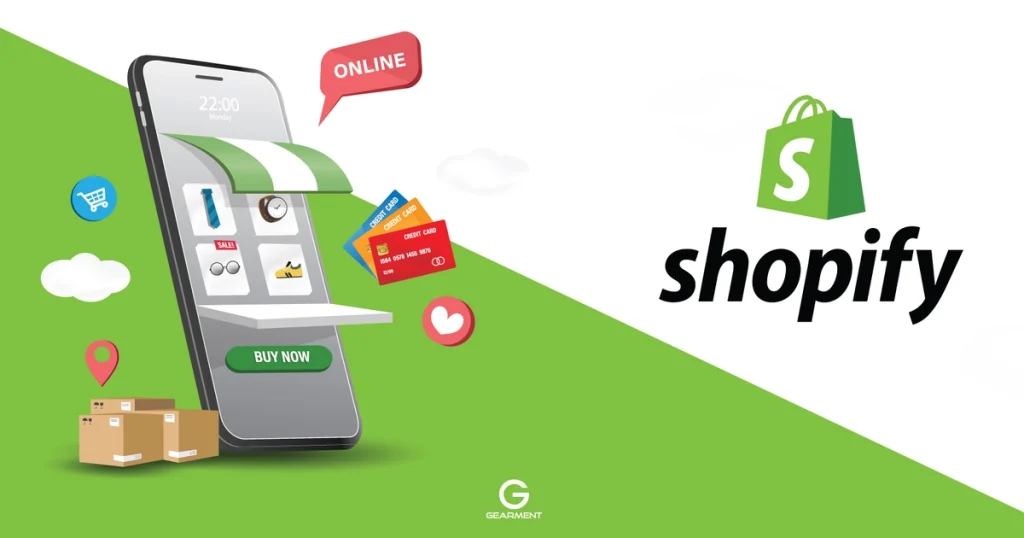
Shopify is an e-commerce automation tool that allows businesses to create and manage their online stores, process payments, and track their performance. It offers a free trial and paid plans for more features. Its drag-and-drop interface makes it easy to create and customize your online store.
Furthermore, Shopify is scalable, so you can grow your online store as your business grows. You can start with a basic plan and then upgrade as needed.
Advantages:
- It is easy to use
- Shopify offers a wide range of features to help you run your online store
Disadvantages
- it can be expensive for small businesses.
- It charges transaction fees on all sales made through its platform.
WooCommerce
WooCommerce is another e-commerce automation tool that offers features such as product management, payment processing, and shipping integration. It is a free plugin for WordPress websites, but paid add-ons are available for more features.
Advantages:
- It is flexible to use and be customized to meet the needs of any business.
- It is compatible with a variety of payment gateways and shipping methods.
Disadvantages
- It requires some technical knowledge to set up.
- Shopify charges transaction fees on all sales made through its platform.
Advertising Automation Tools:
Google Ads
Google Ads, formerly known as Google AdWords, is an advertising automation tool that allows businesses to create and display ads on Google search results and other websites. It offers a pay-per-click model. Google Ads is an online advertising platform developed by Google where advertisers pay to display brief advertisements, service offerings, product listings, or videos to web users.
In addition to text ads, Google Ads also supports image ads, video ads, and app promotion ads. This variety of ad formats allows businesses to create engaging and effective ads that capture the attention of potential customers.
Advantages:
- It has an extensive reach.
- Google Ads provides detailed analytics and reporting tools that allow businesses to track the performance of their campaigns.
Disadvantages
- It is a highly competitive platform, and businesses may face stiff competition from other advertisers, especially in popular industries or for specific keywords.
- There is a need for constant monitoring.
Facebook Ads
Facebook advertising is a paid marketing service offered by Facebook that allows businesses to reach a specific audience with their ads. Businesses can create ads that appear in users’ newsfeeds, on the right-hand side of the Facebook interface, or in the mobile app. Facebook ads can be targeted to users based on their interests, demographics, and location.
Additionally, it offers a pay-per-click model i.e. advertisers only pay when someone clicks on their ads. Adverts can be shown on both Instagram and Facebook if set up by the Ads Manager and both options are chosen.
Advantages:
- It is relatively inexpensive compared to other forms of marketing, making it a good option for small businesses and startups.
- Facebook allows businesses to interact with their customers through comments, messages, and posts, building relationships and fostering loyalty.
Disadvantages
- Its algorithm for determining which posts users see in their newsfeeds is constantly changing, making it difficult for businesses to consistently reach their target audience.
- It has been criticized for its handling of user data, raising concerns about the privacy of users’ personal information.
SMS Marketing Automation Tools:
TextMagic
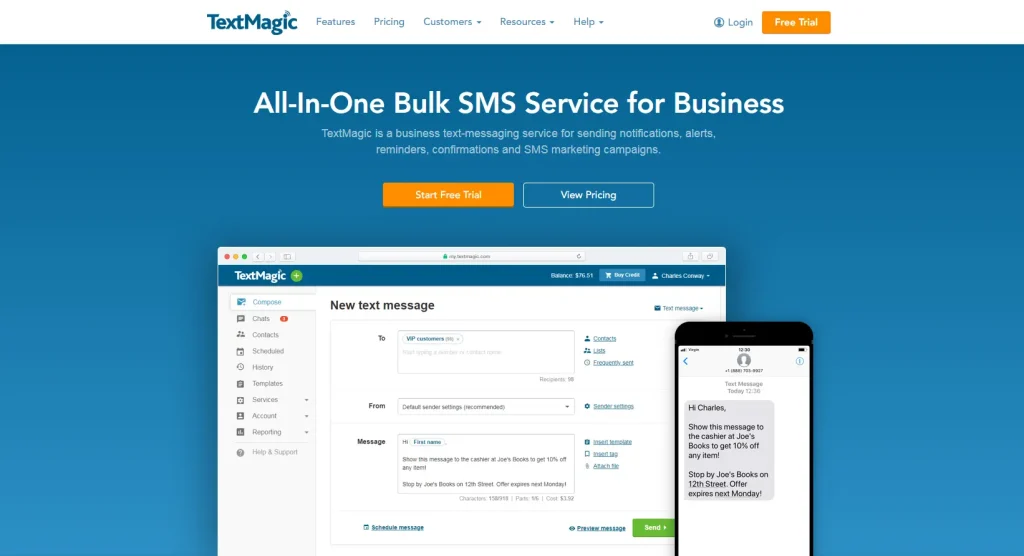
TextMagic is an SMS marketing automation tool that allows businesses to send bulk SMS messages, automate follow-up messages, and track their performance. It offers a free trial and paid plans for more messages.
Advantages:
- It is very affordable.
- It has a high uptime and delivers messages quickly and reliably.
Disadvantages
- It does not offer some of the more advanced features that are available on other text messaging platforms, such as the ability to send MMS messages or schedule messages.
- TextMagic does not offer a free plan, so you will need to pay for a subscription in order to use the service.
Twilio
Twilio is another SMS marketing automation tool that offers features such as SMS messaging, voice calls, and video calls. It offers a free trial and paid plans for more features. One advantage of Twilio is its versatility, but a disadvantage is that it can be complex to set up and use.
Advantages:
- It is very versatile to use.
- Its services are available in over 180 countries, making it a great option for businesses with a global presence or those looking to expand internationally.
Disadvantages
- Twilio’s pricing can be higher compared to some other communication service providers, especially for high-volume usage.
- Once a business integrates Twilio’s services into their applications, it can be challenging to switch to another provider due to the time and effort invested in the integration.
Webinar Automation Tools:
Zoom
Zoom is a webinar automation tool that allows businesses to host webinars, video conferences, and online meetings. It allows users to connect with others via video, either one-on-one or in groups.
In addition, it is a versatile tool that can be used for a variety of purposes, including business meetings, online classes, virtual happy hours, game nights, and other social gatherings. Furthermore, it offers a free plan for up to 100 participants and paid plans for more participants.
Advantages:
- Its intuitive interface makes it easy for users to navigate and participate in video conferences.
- It provides clear and reliable video and audio quality, ensuring smooth communication during meetings.
Disadvantages
- The free version of Zoom has certain limitations, such as a 40-minute time limit for group meetings and limited access to advanced features.
- Zoom can occasionally experience technical issues such as audio or video glitches, which can disrupt meetings.
WebinarJam
WebinarJam is another webinar automation tool that offers features such as live webinars, automated webinars, and analytics. It offers a free trial and paid plans for more features.
Advantages:
- It is very easy to use.
- It includes a range of engagement tools to help users keep their audience engaged.
Disadvantages
- It can be expensive for small businesses.
- It does not integrate with all third-party platforms, which can limit its functionality for some users.
To learn how to use some of these tools, all you need to do is acquire and hone relevant digital marketing skills by enrolling in some or all of the courses listed.
How to Choose the Best Marketing Automation Software
As a small business owner, how do you choose the right tools for your unique business needs? With so many options available, navigating the selection process can seem daunting. Here are key factors to consider for a successful implementation:
Align with your business goals and budget
Start by clearly defining your marketing objectives and budget constraints. Are you aiming to increase brand awareness, generate leads, or nurture customer relationships? Aligning your tool selection with these goals ensures you invest in features that drive real value.
Prioritize ease of use and user-friendliness
A user-friendly interface is critical for maximizing adoption and ROI. Consider the technical expertise of your team and opt for platforms with intuitive interfaces and readily available training resources.
Assess scalability and flexibility
As your business evolves, your marketing needs will too. Choose a platform that scales seamlessly to accommodate growth and adapts to new marketing trends.
Integrate with existing software
Ensure seamless integration with your existing CRM, website analytics, and other marketing tools to avoid data silos and streamline workflows. For instance, a travel agency can prioritize integration with their booking platform, enabling automated email confirmations and targeted travel recommendations based on customer preferences.
Evaluate customer support and data security
Reliable customer support is crucial for troubleshooting and maximizing efficiency. You should go for platforms with readily available support channels and a strong track record of data security compliance with Nigerian regulations.
Moreover, as a small business owner with limited resources, you should take advantage of free trials and demos to assess functionalities and user experience before making a decision.
Therefore by carefully considering these factors and seeking guidance from experts, you can confidently select the marketing automation tool that empowers your business to flourish in the digital landscape.
How to Create a Marketing Automation Strategy
Meanwhile, let’s learn how to craft a tailored strategy that leverages the above mentioned tools effectively.
Define Your Goals and Target Audience
Clarity is key. Therefore, start by establishing SMART goals – Specific, Measurable, Achievable, Relevant, and Time-bound – aligned with your overall marketing objectives. Do you aim to increase brand awareness by 20% in 6 months, or boost lead generation by 30% in the next quarter?
Additionally, Know your audience. Conduct thorough research to understand your ideal customer’s demographics, behavior, and online preferences.
Map Your Customer Journey
Furthermore, visualize the path. Create a customer journey map outlining the touchpoints your audience encounters, from initial awareness to purchase and beyond. This helps identify opportunities for automation at each stage.
Choose the Right Tools
Align with your needs. Remember, the “best” tool is the one that caters to your specific requirements and budget. In addition, explore options across various categories:
- Email Marketing: Mailchimp, ActiveCampaign
- Social Media Marketing: Hootsuite, Buffer
- E-commerce Automation Tools: Shopify, Woocommerce
- Content Marketing Automation Tools: CoSchedule, BuzzSumo
- Adverts: Google Ads, Facebook Ads
- Webinar Automation Tools: WebinarJam, Zoom
- SMS Marketing Automation Tools: TextMagic, Twilio
In addition to the above-mentioned tools, do some research on how similar businesses in Nigeria utilize these tools.
Craft Compelling Content and Automate Workflows
Quality is king. Develop engaging content like blog posts, social media updates, and email newsletters that resonate with your audience. Set triggers and personalize. Utilize automation features to send targeted messages based on specific actions or customer segments.
Analyze and Refine
Data is your guide. Track key metrics like email open rates, website traffic, and lead conversion rates using your chosen tools’ analytics dashboards.
Therefore, you need to adapt and optimize data. Use insights to refine your content, adjust automation triggers, and optimize campaigns for improved performance.
If you still want to learn more about various marketing skills, why not attend our next digital marketing training to start to understand the fundamentals of online marketing and become an expert?
Conclusion
In conclusion, in the dynamic and competitive Nigerian business landscape, embracing marketing automation is a strategic imperative. By leveraging these powerful tools, small businesses can reap significant benefits, from streamlined workflows and personalized customer experiences to measurable results and ultimately, exponential growth.
FAQ
What is the best social media for a business?
Different social media platforms cater to different audiences and offer unique features, Facebook seems to be the best social media platform for business because it has the largest user base and is suitable for businesses of all sizes.
Furthermore, It is also ideal for building brand awareness, customer engagement, and has a wide range of advertising options.
What type of social media content is most popular?
Short form video is the most popular social media content. Meanwhile, a short form video is any video that is less than 60 seconds long. It is also the most engaging format of all the forms of content.
What content works best?
Any user generated content that aligns with the interests, needs, and preferences of the target audience is more likely to resonate and engage them.
Related posts
Digital Marketing for Small Business in Nigeria
10 Ways To Optimize Your Site for Voice Search Optimization






